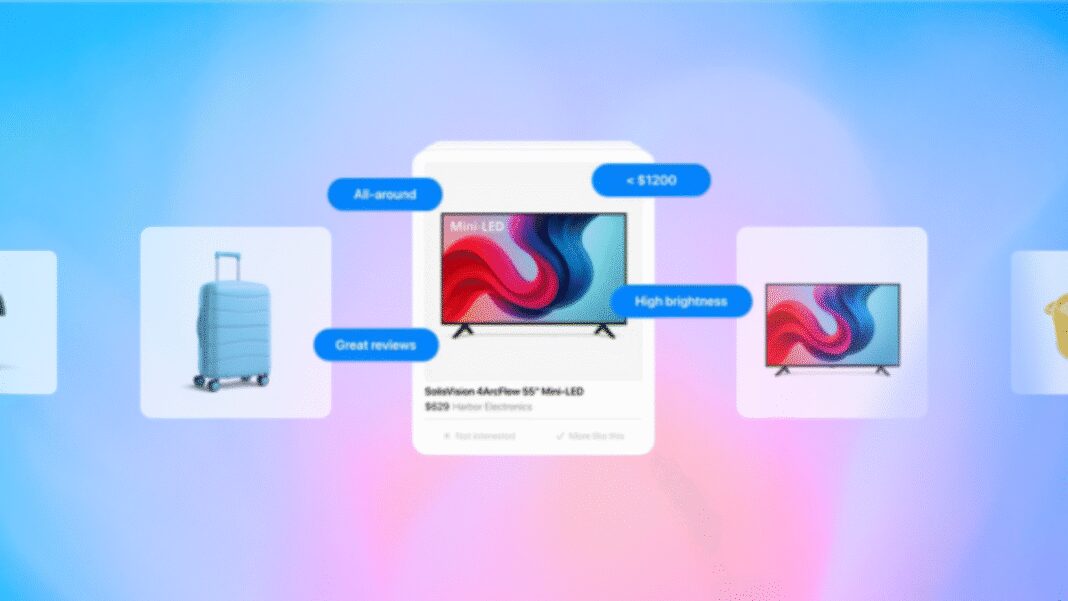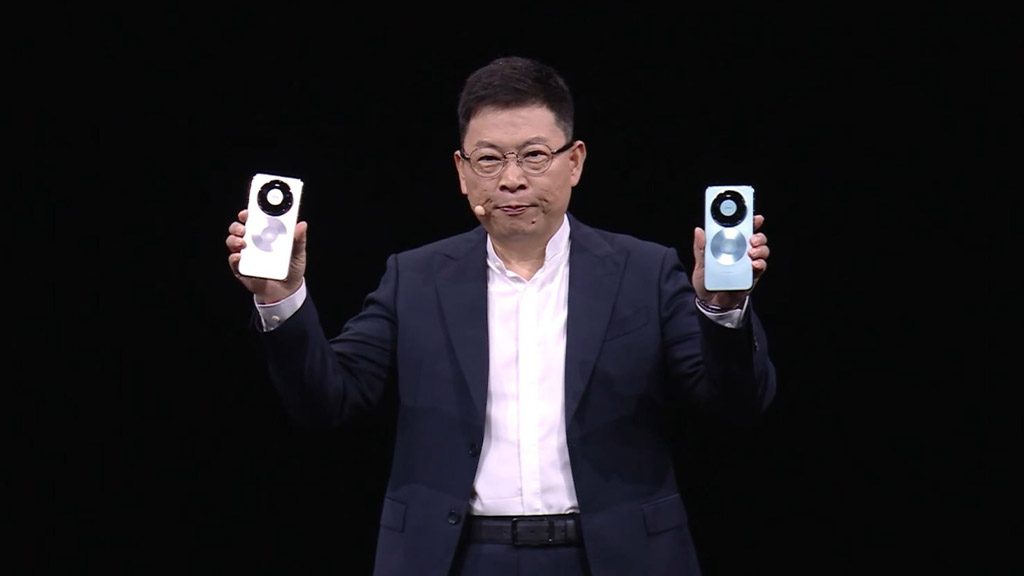OpenAI has introduced a brand-new shopping research feature inside ChatGPT, designed to help users compare products, analyze reviews, and get personalized buying recommendations using AI. This new upgrade turns ChatGPT into a powerful smart shopping assistant — giving users simple, clear, data-driven product advice before they buy anything online.
With online shopping becoming more complicated and review systems flooded with fake or biased content, OpenAI aims to make product research faster, more reliable, and more transparent.
What Is the New Shopping Research Feature?
The new tool allows ChatGPT to:
- Compare multiple products side-by-side
- Summarize real customer reviews
- Highlight pros and cons
- Rank products by user’s needs
- Suggest the best value-for-money choice
- Pull verified product details
OpenAI says this feature will reduce the time users spend scrolling through countless pages of reviews or YouTube videos before making a purchase decision.
How the Feature Works
When users ask a question like:
- “Best laptops under $1000”
- “Which air purifier is better, Dyson or Philips?”
- “Recommend the best phone for photography”
ChatGPT will:
- Collect and analyze product data
- Summarize strengths & weaknesses in simple language
- Highlight the best choice based on the user’s budget or needs
- Provide source-backed reasoning
This ensures a more transparent research flow compared to influencer-driven product videos or promotional articles.
Why OpenAI Launched the Shopping Research Tool
OpenAI identified several pain points users face while shopping online:
1. Too many similar products
Consumers often struggle to differentiate between items with nearly identical specifications.
2. Fake or misleading reviews
Online stores are filled with unreliable reviews, making product choices difficult.
3. Information overload
People must jump between review sites, YouTube, Reddit, and blogs for clarity.
The new feature simplifies this into one clean, AI-powered research step.
What Makes the Feature Unique
Unlike typical product comparison engines, OpenAI’s tool:
- Understands natural language
- Tailors recommendations to personal priorities (battery life, gaming, portability, budget)
- Summarizes technical data in simple words
- Offers unbiased comparisons without sponsorship
This makes shopping research more honest, fast, and accessible — even for people who struggle with technical specs.
Who Benefits the Most
⭐ Students
Looking for affordable laptops, headphones, or tablets.
⭐ Parents
Researching appliances, school supplies, or home products.
⭐ Professionals
Comparing smartphones, monitors, or office equipment.
⭐ Creators
Finding the best microphones, cameras, or lights.
The feature makes product research easier for everyone, regardless of technical knowledge.
Impact on the Online Shopping Market
The new tool may influence how consumers make buying decisions by:
- Reducing reliance on sponsored influencers
- Pushing retailers to be more transparent
- Shifting product discovery toward AI-driven recommendations
- Creating competition with Amazon’s AI shopping features and Google Shopping
This move also positions ChatGPT as more than a chatbot — now a decision-making engine for everyday life.
Possible Concerns
While promising, the feature raises questions:
- How does OpenAI verify product data sources?
- Will retailers attempt to optimize for AI visibility?
- Does this reduce human discovery and exploration?
OpenAI says transparency and accuracy remain top priority as the tool evolves.
Conclusion
OpenAI’s new shopping research feature marks a major step in practical, daily-use AI. By simplifying product comparisons and filtering out noise from fake reviews, ChatGPT now helps users make smarter, faster buying decisions with confidence.
As more people rely on AI for everyday tasks, OpenAI is positioning itself at the center of the future shopping experience.



